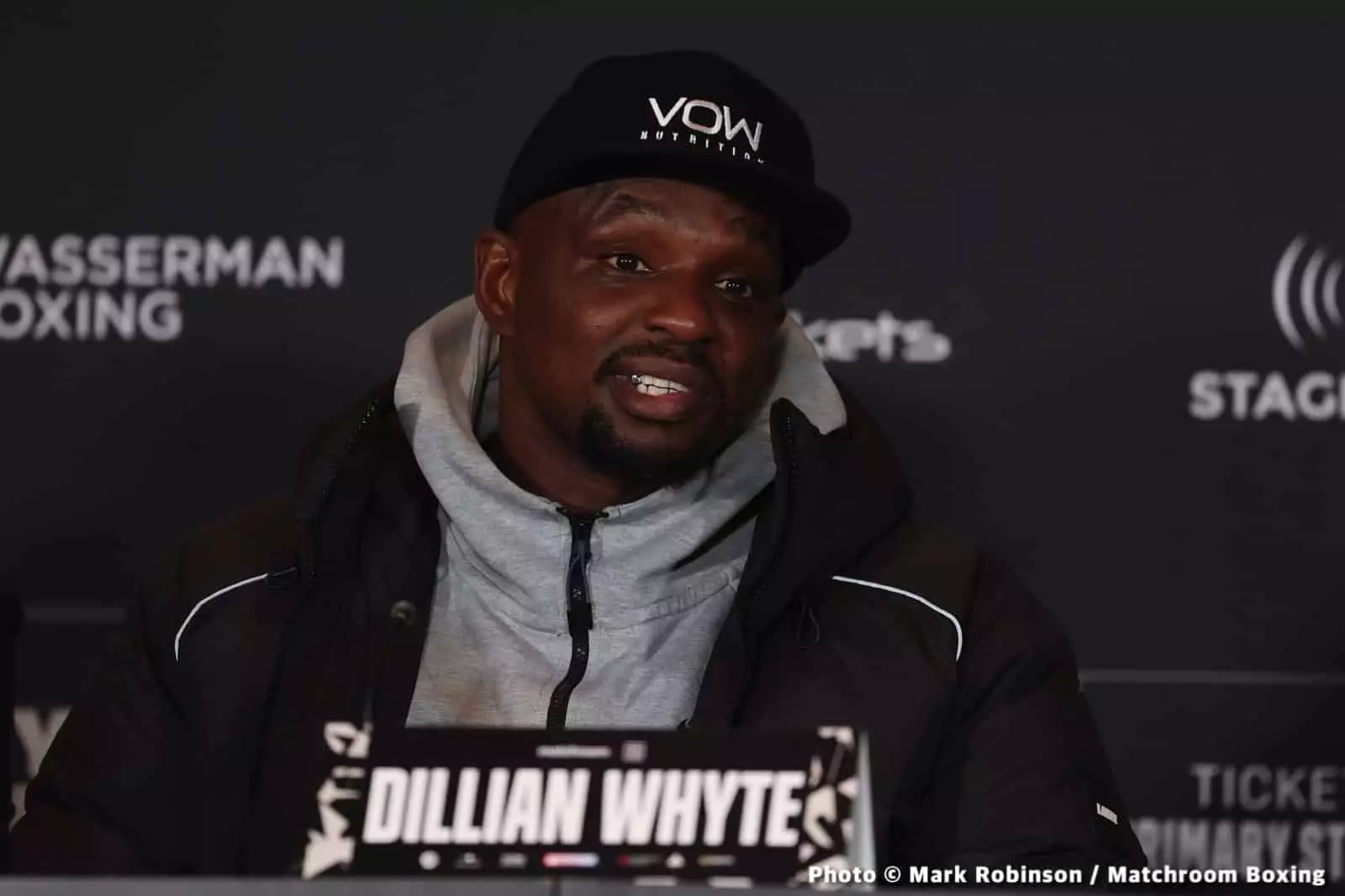In the high-stakes arena of heavyweight boxing, defeat often carries a stigma that can overshadow a fighter’s past achievements and potential for future success. Dillian Whyte, a seasoned contender known for his grit and determination, emphasizes that a single loss should not be the death knell for a strong athlete’s career. In a recent interview with Sky Sports, Whyte defended former rival Anthony Joshua’s prospects, urging scrutiny to focus on the broader picture of competitive matchups rather than the immediate aftermath of losses. This perspective is essential in an era where boxing enthusiasts frequently overreact to a fighter’s setback, developing narratives that lead to unjust retirement calls.
Whyte’s assertion about Joshua’s capacity to continue competing is noteworthy. Recognizing that Joshua, despite his recent knockout loss to Daniel Dubois, possesses significant potential and marketability, Whyte stated, “He’s still got a lot left in the tank.” This belief reflects a deeper understanding of the psychological and physical demands on heavyweights, particularly those who have reached elite status. His observation speaks volumes about Joshua’s athleticism and the necessity of resilience in a sport where even the most formidable athletes can face unexpected outcomes.
Furthermore, Whyte highlighted Joshua’s capabilities during the fight against Dubois, noting that at one point, Joshua had his opponent on the defensive before suffering the decisive blow. This incident encapsulates the fickle nature of boxing, where momentum can shift in seconds, emphasizing why defeat should not be overly scrutinized.
The landscape of heavyweight boxing has recently witnessed a resurgence of notable matchups, inspiring excitement among fans. Whyte encourages a shift in focus towards the significance of competitive bouts between top-tier fighters. He argued that the consistent critique of fighters after a loss could inhibit the number of matches made, as prospects become wary of the repercussions of defeat. Instead of devaluing high-stakes encounters, he believes that fans should celebrate the presence of elite heavyweights in the ring, as this was not always the case in prior years when fewer compelling fights took place.
It’s essential to delve into the reasoning behind Whyte’s recommendations for Joshua’s continuation in the sport. With both fighters in similar stages of their careers and Whyte eyeing potential lucrative matchups, some may speculate whether Whyte’s comments are influenced by self-interest. After all, a rematch with Joshua would present a significant financial opportunity for the self-proclaimed “Body Snatcher.” Nevertheless, the sentiment of advocating for continued competition extends beyond monetary desires; it underscores a resolve to honor the athletes’ journey and resilience.
Whyte’s stance serves not only as a vote of confidence for Joshua but also as a call for a broader cultural appreciation of heavyweight boxing. Rather than stigmatizing losses, the focus should shift towards recognizing the tenacity and talent inherent in the sport, fostering an environment where fighters are celebrated for their willingness to continue facing formidable opponents. The dynamics of heavyweight boxing are complex, but with figures like Whyte advocating for the sport, there is hope for a more supportive atmosphere that encourages legacy-building beyond defeat.

